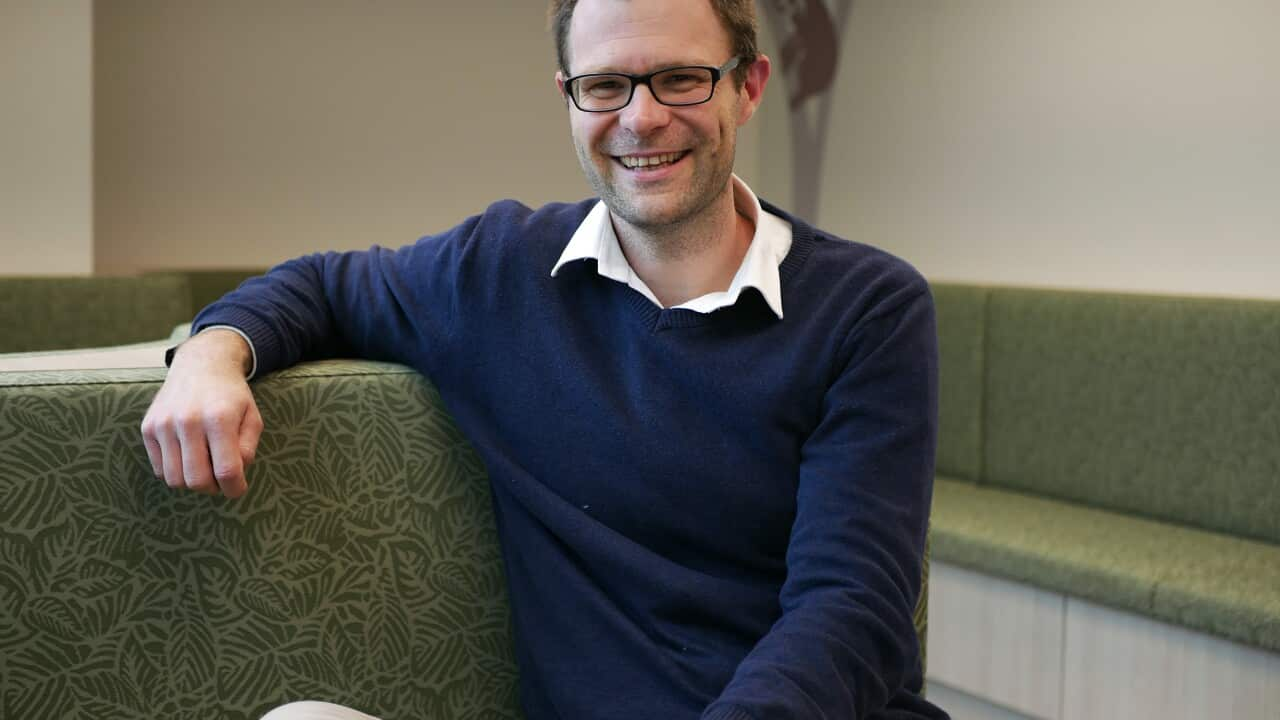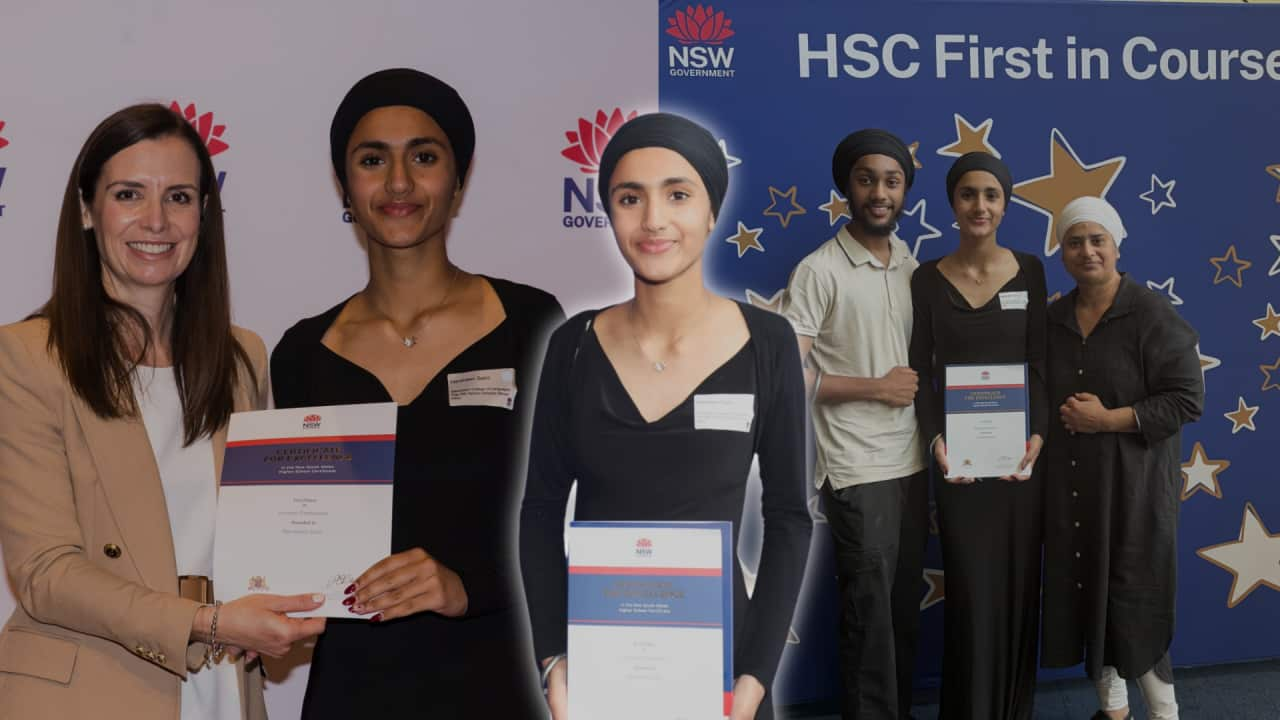When it comes to the words used to describe Autism, Emma Gallagher, the trained teacher wants people in the disability community to have a say about their identity.
"So there has been a big push in the autistic and a lot of other disability communities for the concept, 'Nothing about us without us,' so no decisions should be made about our community without the involvement of our community."
That philosophy is being applied to a research paper titled, 'The use of language in Autism research', that gives a guide for words to use to describe Autism.
The authors argue that terminology can empower and support Autistic people and they are advocating for updated language to enhance inclusivity.
People with Disability Australia has also produced a language guide which lists inappropriate terms such as low- or high-functioning. It's preferable to refer to someone as Autistic, if that is how they identify.
And it also discourages referring to individuals as 'profoundly' Autistic. The authors of the latest paper want improvements in how Autism research is conducted so people with lived experience are more involved in the process.
Professor of Autism research at the Telethon Kids Institute in Western Australia, Andrew Whitehouse, is one of the co-authors of the paper. He says the language around Autism needs to more accurately reflect wider knowledge.
"So to talk about autism in more disease-like terms, which is the more historical way we talked about it, has significant effects, not just on the individuals who have Autism but actually in how we perceive Autism within our community. So changing our language from language, such as symptoms or cure to language such as behaviours or how we can support people, not just empowers those individuals but changes perceptions of the whole community."




